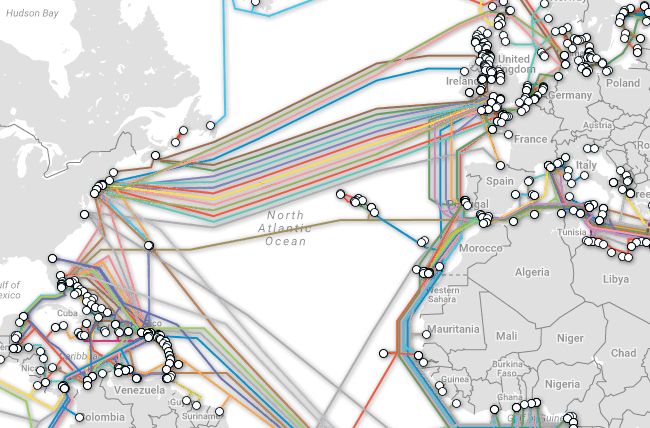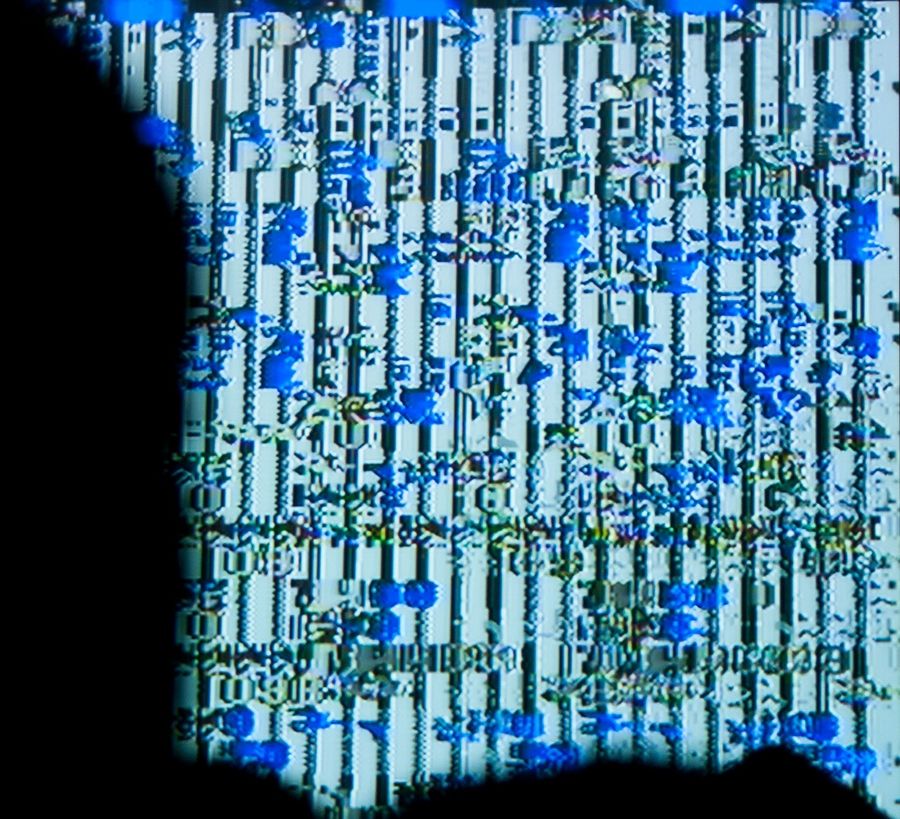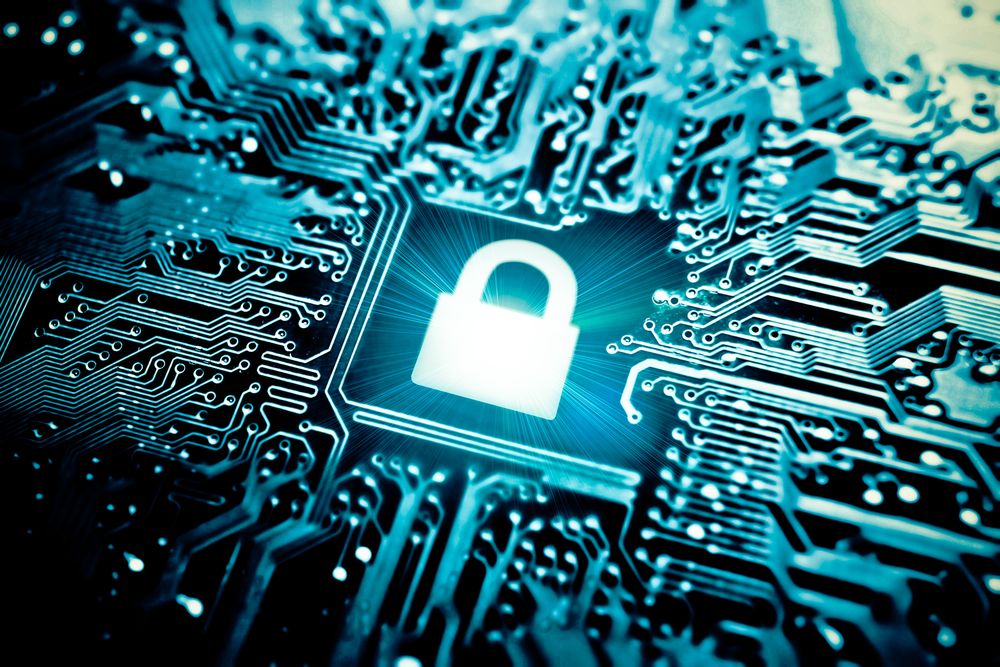China hasn’t kept it a secret for many months now about the Chinese government desire to have an unbreakable quantum communication networks which is why they launched their Quantum Satellite (the QSS program) last month. What the real story is how QSS is enabling the military to have a leading edge through technologies such as the Quantum Radar capabilities, or using Quantum communications to prevent hacking of their systems while having the ability to hack others. And, this is what has actually been published publically to boot.
Hacked recently covered the efforts of the Chinese government to build unbreakable quantum communication networks. According to analysts, quantum communications networks are so expensive that they could have a “recentralizing effect,” enabling states to recover the ground that they have lost to decentralizing digital technologies. But what if ultra-secure quantum cryptography could be made available to everyone at low cost?
European researchers at the Institute of Photonic Sciences (ICFO), Institució Catalana de Recerca (ICREA), and other research labs, have developed a fast random number generator based on a quantum mechanical process that could deliver the world’s most secure encryption keys in a package tiny enough to use in a mobile device.
“We’ve managed to put quantum-based technology that has been used in high-profile science experiments into a package that might allow it to be used commercially,” says ICFO researcher Carlos Abellan in a press release of the Optical Society of America (OSA). “This is likely just one example of quantum technologies that will soon be available for use in real commercial products. It is a big step forward as far as integration is concerned.”
Read more








